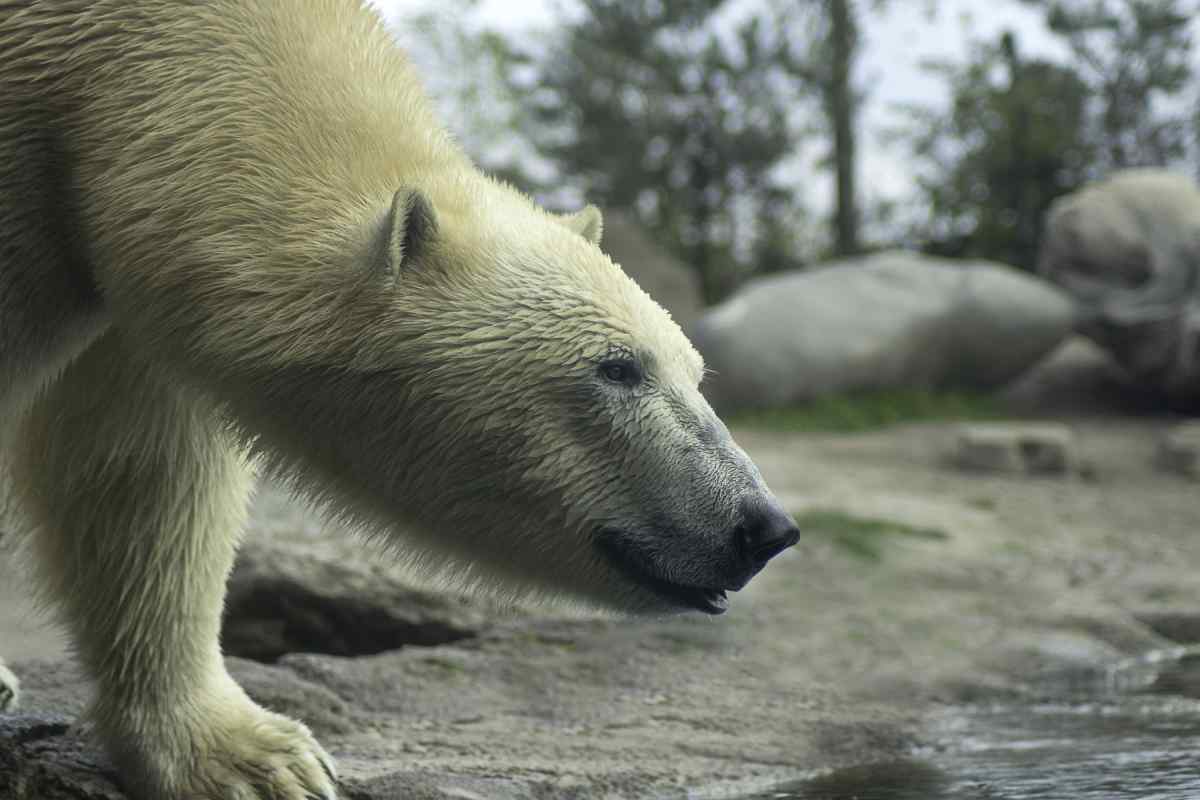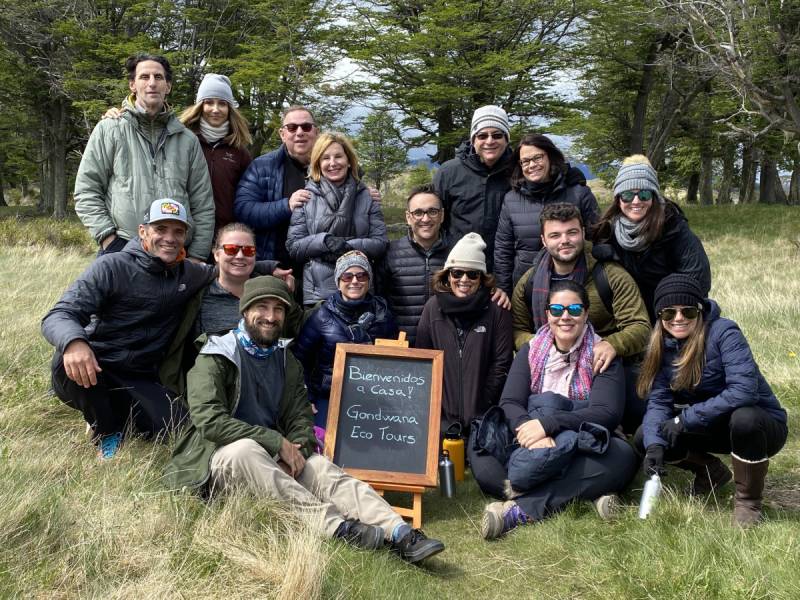Great News! Gondwana Ecotours has received international recognition for its commitment to ethical travel. Our Polar Bear Adventure was featured in New Zealand’s Good Travel Guide 2020! Every year, a list of destinations, hotels, and tour companies, who practice the principles of ethical travel, is compiled by Good magazine—a publication created for “…conscious-living people who love life, style and the planet.” The companies listed in their guide strive to create amazing travel experiences that also have a positive environmental and cultural impact. We’re proud to be included in the list and will continue to work towards our goal of a greener, more connected world.
What is Ethical Travel?
The travel industry is booming. According to the World Travel and Tourism Council (WTTC) it’s the second-fastest growing industry in the world and it’s responsible for one out of every five new jobs that are created worldwide!¹ That’s great news for tour companies and businesses in destination hot spots. But this increase comes at a cost. More people traveling means more stress on resources such as energy, water, and food. Carbon emissions from plane travel are also on the rise, raising concerns about its effect on climate change. This doesn’t mean that we should all stop traveling. If done right, tourism can be a positive force for conservation efforts. Money from tourists can help support local economies and preserve natural spaces. But for that to be effective, people need to practice the principles of ethical travel. Some of these principles include:
- Support local businesses. Why travel around the world to eat at McDonald’s? Think about where your money is going and where it can do the most good.
- Choose “ethical” destinations. Will your visit end up helping or hurting the place you’re visiting? Overcrowding popular spots can put stress on the environment, while maybe a lesser-known destination can actually benefit from your visit.
- Follow all of the listed rules when visiting an important natural or cultural space. Stay on paths and don’t take unauthorized “mementos” from parks, monuments, or museums as souvenirs. Remember the phrase: “Take only pictures, leave only footprints.”
- Minimize your impact on the environment. Reduce, recycle, and reuse. Every disposable plastic bottle of water that you use and every piece of trash that you drop on the ground, adds up to hurt the environment.
- Be respectful of the local customs and culture. Do your research before leaving home on appropriate dress and behaviors. Approach each new experience with an open mind and heart.
In summary, Ethical Travel is really just about being mindful of our impact on the economy, ecology, and culture of the places we visit.
How Gondwana’s Polar Bear Adventure Made the List
We strive to apply the principles of ethical travel to every tour we create. Our Polar Bear Adventure is just one example. We employ local guides and frequent locally-owned hotels and restaurants. We travel in small groups to minimize our impact and our footprint. We spend time learning about the unique culture of the local Inupiat tribe by visiting their heritage center and speaking with the community leaders to learn about their way of life. We work to reduce, reuse, and recycle all of the goods and products we use on our trip. We help balance the CO₂ emissions created from our plane travel by purchasing carbon offsets for every single one of our travelers. But most of all, we create unforgettable experiences that stay with our guests for the rest of their lives. Find out more about our Polar Bear Adventure today!
¹Leposa, Adam, “STATS: Travel Industry Second-Fastest Growing Sector In The World,” Travel Agent Central.



